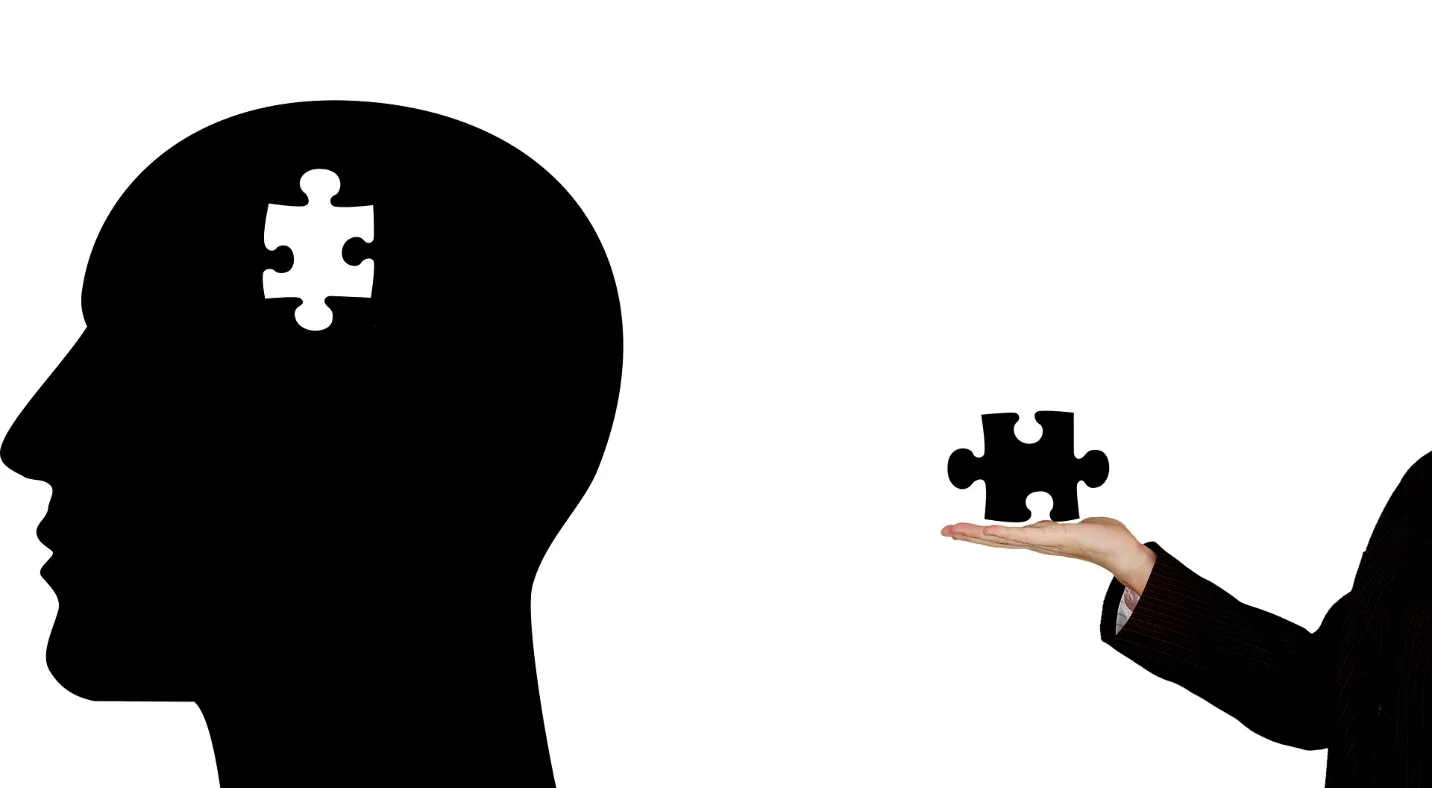Depression and anxiety are the monsters in the closest of our brains, whispering lies and draining the enjoyment out of life. Seeking help through therapy can feel like an unscalable mountain, especially when you have to pick a treatment center and a therapist. Mental health issues make even day-to-day tasks feel harder, let alone stepping out on a limb and asking for help. Longevity Live Partner Content.
When looking for depression and anxiety therapy in Millburn Township, finding a suitable therapist or counselor is just the tip of the iceberg. Learning about and deciding on the different treatment methods is a whole extra step to tackling your concerns. Once you understand the different treatments, you have a launching point for finding the best help for you.
What do Depression and Anxiety Look Like?
Before you decide on a treatment method, it is important to understand what the different conditions are and their symptoms. There are both distinct and overlapping symptoms to pay attention to. Click here to learn more about coexisting symptoms and their treatment.
Depression:
It is not unusual to feel sad or have low periods during challenging times in life, but a lasting feeling of sadness or emptiness should be paid attention to. Even when environmental changes do not change feelings that have lasted longer than two weeks. Sad or empty feelings are not the only indicators of depression. Other symptoms include:
- Hopelessness
- Loss of enjoyment or interest in activities and hobbies
- Irritability and anger
- Lack of energy
- Chronic fatigue
- Appetite and weight changes
- Memory issues and difficulty concentrating
- Inexplicable aches and pains
- Guilty, worthless feelings
- Thoughts of suicide or dying
Anxiety
Like depression, it is not unusual to experience occasional bouts of situational anxiety. Major life events, important decisions, and social situations can all invoke an anxiety stress response. If you experience extreme anxiety regularly for lengthy periods of time, it is very possible you have an anxiety disorder. Symptoms include:
- Difficulty managing fear and worry
- Irritability and edginess
- Looming sense of dread and panic
- Sleep issues
- Persistent fatigue
- Brain fog
- Headaches, muscle tension, nausea, and diarrhea
Once you suspect you might have either or both disorders, it is time to look into getting help with the different treatment options.
Common Treatment Approaches
Everyone can benefit from therapy, especially those struggling with depression and anxiety. A therapist cannot prescribe medication, but there are many other options for treatment that they do administer. There are even support groups they can recommend, to allow you to interact with others going through similar situations. Visit https://adaa.org/supportgroups to find a support group near you. Though, if they believe medication is the right path for you, they will get you a referral to a psychiatrist, the kind of doctor that can administer medication.
Therapy treatment options include
- Cognitive Behavioral Therapy
- This kind of therapy focuses on changing thoughts to change behaviors. This gives you the tools to restructure your mind and reduce anxiety by teaching you to avoid the triggering situations. This is a therapist-led exercise that you have to take responsibility for when you leave the office.
- Psychodynamic Therapy
- This method focuses on issues in your past that may be the root cause of any problems you face today. The goal is to build insight and self-awareness. It empowers you to move forward, away from the past, and toward healing. While not as goal-oriented as Cognitive Behavioral Therapy, it does have the goal of teaching people to have a better understanding of themselves.
- Person-Centered Counseling
- This counseling is all about looking at how you perceive yourself on a conscious level, instead of a therapist interpreting your unconscious thoughts. The focus is on the client and therapist relationship, emphasizing a relationship of equal footing. The goal is to address how you see yourself and learn more empathy for who you are.
- Integrative Counseling
- This method draws on several different therapy theories, tailoring the counseling approach to you and your needs. Integrative counseling takes the approach that there is no one way to treat an issue, so methods and theories must be combined to work together. This method requires quite a bit of in-depth discussion and only works best with full commitment from both parties.
The bottom line
With any method used, it is important to remember that treatment takes time and patience. And sometimes it takes finding the right office and therapist. You are not stuck with the first one you try out if it just is not working for you. There is help for anyone as long as you are willing to find it.





![women [longevity live]](https://longevitylive.com/wp-content/uploads/2020/01/photo-of-women-walking-down-the-street-1116984-100x100.jpg)









